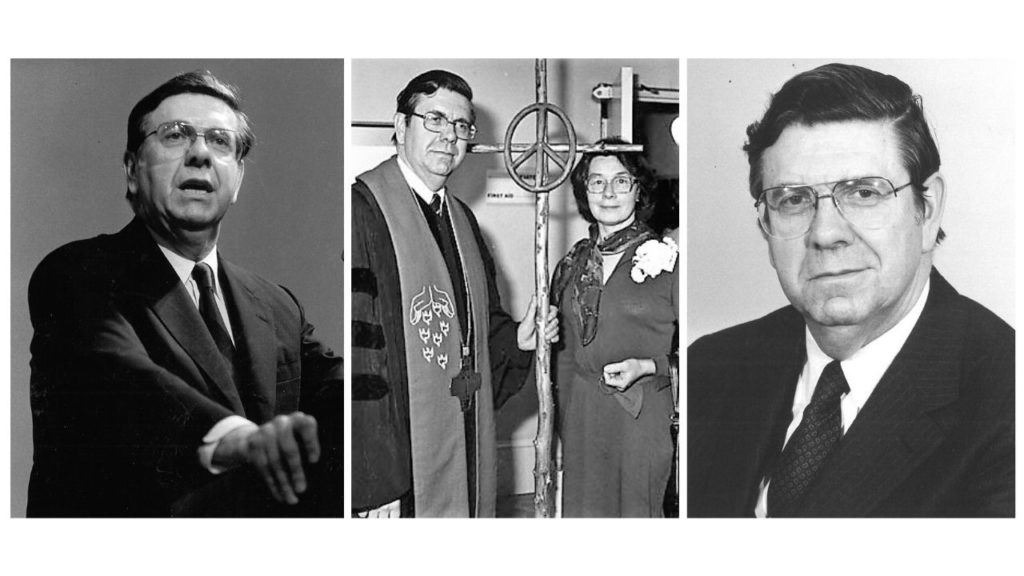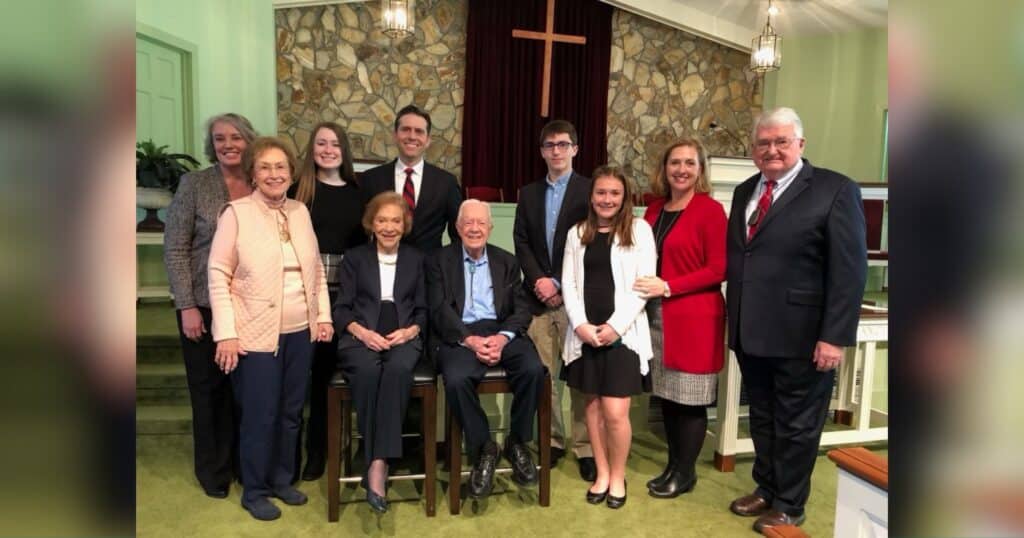UCC President Avery Post – ecumenist, justice advocate, skilled preacher – dies at 96
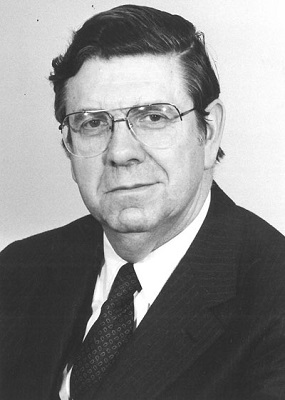 The Rev. Avery D. Post, president of the United Church of Christ from 1977 to 1989, died Monday, Sept. 7, at Kendal Retirement Community in Hanover, N.H. He was 96.
The Rev. Avery D. Post, president of the United Church of Christ from 1977 to 1989, died Monday, Sept. 7, at Kendal Retirement Community in Hanover, N.H. He was 96.
Through a career that also included heading the UCC’s statewide body in Massachusetts and pastoring local churches in three states, Post was known as an ecumenist, an advocate for social justice, and a skilled preacher. He led the denomination through years that included Cold War peace dialogues, racial-justice activism and support for emerging movements for women’s and LGBTQ rights and inclusion.
“Avery Post’s passing saddens me deeply,” said the Rev. John Dorhauer, the current UCC general minister and president. “Through the years, I came to know this gentle soul as a poet, a theologian of nimble mind, a leader of great inner strength, a Christian of deep faith, and finally as a friend. He was generous with his time and gave me wise counsel and compassionate understanding in our calls and visits. He served the church so well, and honored us all through his time as president. I truly hope and desire that I can serve with the kindness, wisdom, and compassion he brought to the office.”
In July 2019, Dorhauer, joined by several past and current UCC leaders, presented Post with a medallion in honor of his service.
Click here to read condolences and tributes from the UCC’s three national officers.
Local pastor with a wider view
Avery Denison Post was born July 29, 1924, in Norwich, Conn. He received a B.A. degree in 1945 from Ohio Wesleyan University in Delaware, Ohio, and B.D. and S.T.M. degrees in 1949 and 1952 from Yale University Divinity School, New Haven, Conn.
He served early-career pastorates in Columbus, Ohio, Clinton and Milford, Conn., and Norwich, N.Y., then was minister of Garden City (N.Y.) Community UCC (1957-1963) and Scarsdale (N.Y.) Congregational UCC (1963-1970).
Post led those congregations in such outreach ministries as assistance and pastoral care to migratory farm workers, the development of low-cost housing, the resettlement of Hungarian refugees, community-wide theological education for lay people, witnessing for peace and peacemaking, educational action for civil rights, and mutual ministries with inner-city churches.
He was “an activist in the areas of racism and peace, and his sermons were often followed by talk-back sessions for people to respond to the issues raised,” Lois Seulowitz, a member of his Scarsdale congregation, commented in a 1999 interview. “I found it exciting and stimulating, and was moved by the fact that people could differ on the hard issues of our time and still be a church family.”
Post also lectured during those years at Union Theological Seminary in New York City, Adelphi College in Garden City and Yale University Divinity School.
Denominational leader with pastoral sensibility
He was Conference minister of the Massachusetts Conference (now part of the Southern New England Conference) from 1970 to 1977.
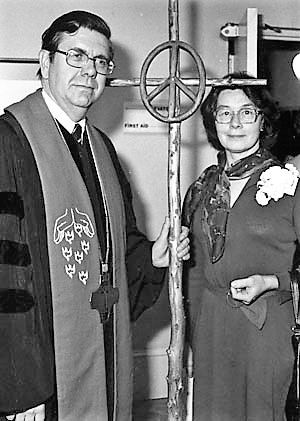 The Rev. Davida Foy Crabtree, now retired after a career in UCC local church and Conference ministry, fondly remembers Post’s leadership in New England.
The Rev. Davida Foy Crabtree, now retired after a career in UCC local church and Conference ministry, fondly remembers Post’s leadership in New England.
“Avery was Conference minister in Massachusetts while I was a student at Andover Newton (a UCC seminary then located in the Boston area),” Crabtree said. “I was deeply involved in anti-war, feminist and anti-racism work, and thought nothing of speaking up even when the powers that be were put off by it. A few years later, Avery and I both went on a mission tour in Asia led by Bob Moss (UCC president at the time). By the third week, I had been terribly ill for more than a week. One night, he came to my room and said he was taking me to the hospital and wanted no complaints. I went; they said he had saved my life.”
Post was elected president of the denomination in 1977 – and Crabtree heard from him again.
“A few months later he asked me to chair his Installation Committee,” she said. “I was stunned. What a moment to entrust to a young, 33-year-old upstart! But that was Avery – always able to see beyond the present to the future, always looking for new young leadership, and willing to risk his own ministry for it.” (She appears, seated with him, in the 2019 color photo below.)
Another young minister who experienced Post’s presidential accessibility was the Rev. Geoffrey Black, a pastor on Long Island when they first met on an elevator ride in the building housing the UCC’s Manhattan offices. Unbeknownst to both of them at the time, Black would go on to serve as UCC general minister and president from 2010 to 2015.
That first meeting “was an incidental moment that left a lasting impression on me,” Black said. “I was a local church pastor visiting the Metropolitan Association office; he, going to his office in that same building. … Immediately, I felt his commitment to collegiality. I left the encounter struck by his warmth, graciousness and humility. As our paths crossed over the years, my first impression of Avery was reaffirmed time and time again.”
Interchurch and global relationships
As president, Post often described the UCC as an “ecumenical catalyst” and was deeply committed to the work of the Consultation on Church Union (now Churches Uniting in Christ), a 40-year dialogue on Christian unity among Protestant denominations. An ecumenical partnership between the UCC and the Christian Church (Disciples of Christ) was formalized during his tenure.
He held numerous ecumenical positions during his ministry, including serving on the National Council of Churches’ Governing Board and Executive Committee and the World Council of Churches’ Central Committee.
Post met several times with leaders of churches in the then-Soviet Union to find ways in which they and their counterparts in the United States could arrive at mutual understanding about issues related to peace, and work together for disarmament and the easing of East-West tensions.
He led the UCC in maintaining ecumenical relations in then-East and -West Germany, Central America, the Middle East and Asia. With other world leaders, he visited representatives of the South African Council of Churches and led ecumenical church actions to end apartheid.
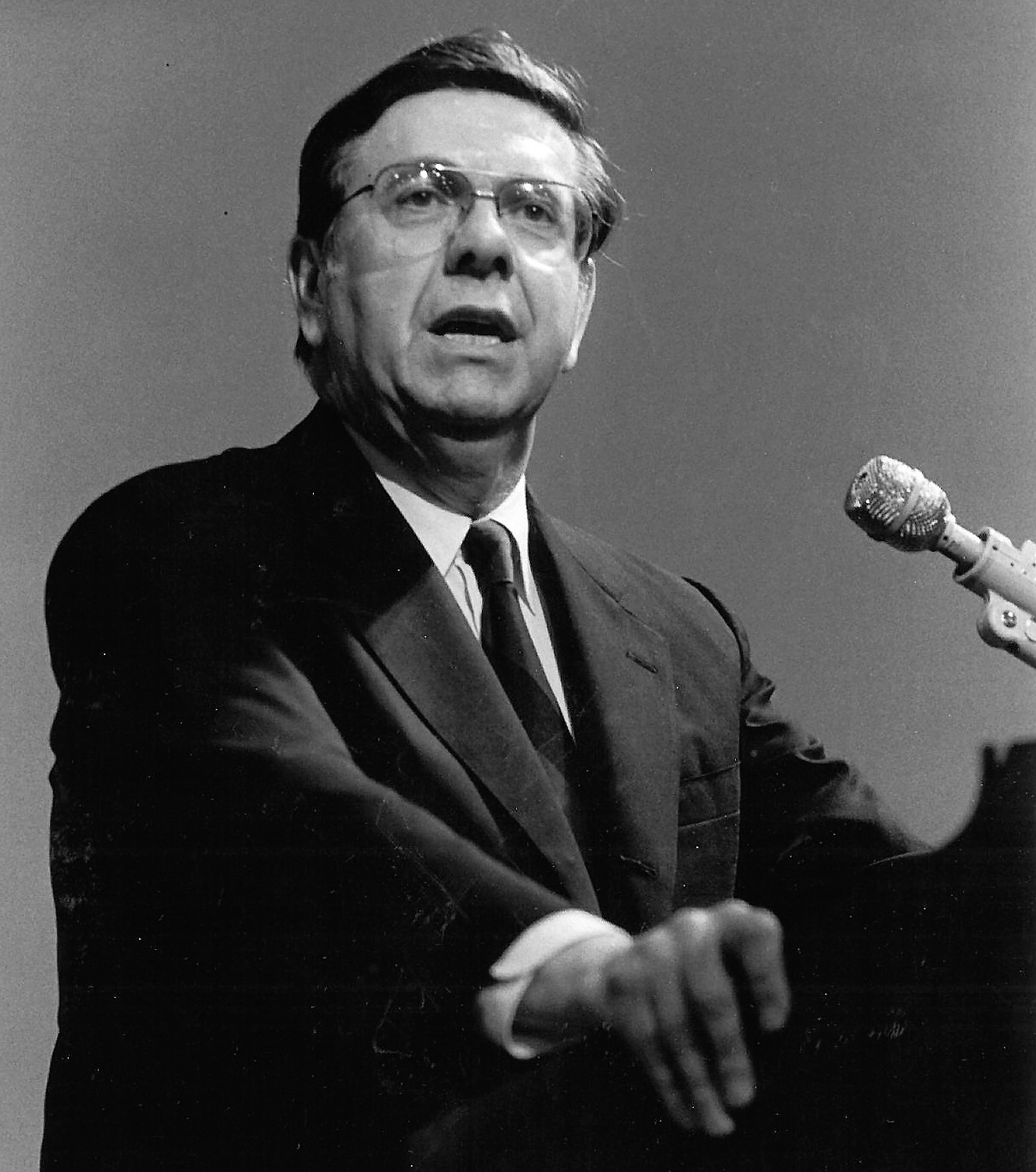 The lasting impact of Post’s work was felt by the Rev. John Thomas in two roles — as the UCC’s ecumenical officer in the early 1990s and then as UCC president from 1999 to 2009. An important aspect of that legacy, Thomas said, was Post’s way with words.
The lasting impact of Post’s work was felt by the Rev. John Thomas in two roles — as the UCC’s ecumenical officer in the early 1990s and then as UCC president from 1999 to 2009. An important aspect of that legacy, Thomas said, was Post’s way with words.
“As a minister of the Word, Avery understood the importance of using well crafted, graceful, even poetic language,” Thomas said. “Whether in the hundreds of sermons he delivered across the church, in leadership roles in ecumenical settings, in halls of political power, in gathering us together at the close of a General Synod, or in quiet encouraging personal encounters, Avery employed this gift to instruct, comfort, challenge and when necessary confront. In this he set a high standard for those of us who would follow in his office.”
Wilmington 10; women’s, LGBTQ empowerment
Post was equally active in justice issues in the United States, inside and outside the church. He supported the UCC’s work to assist and help free The Wilmington Ten, nine African Americans and one white woman jailed on false charges of firebombing a grocery store in Wilmington, N.C. They were freed from prison and, 40 years later, officially pardoned by the governor of North Carolina.
Additionally, Post urged the U.S. government to defend human rights wherever they are violated. He strongly advocated for equal rights for women and freedom of choice in reproductive matters, including abortion. He led the movement in the United Church of Christ for equal employment opportunities for women and people of color, and championed the use of inclusive language in all forms of communication used by the church.
Elected during the early days of LGBT human rights advocacy, Post participated in a lengthy question-and-answer session with the UCC’s Gay Caucus prior to the 1977 General Synod in which he affirmed the priority of human rights and civil liberties for the LGBT community.
He also was proud of the work done by the church to create a Statement of Mission in 1987. The statement was the product of a conference on mission in Houston, in which representatives from all communities in the church — including evangelicals, liberals, and others — tried to find common ground. It affirmed, among other things, the UCC’s call to praise God; proclaim the Gospel of Jesus Christ “in our suffering world”; embody God’s love for all people; give voice to creation’s cry for justice and peace; join oppressed and troubled people in the struggle for liberation; preach and teach with the power of the living Word; work for justice, healing and wholeness of life; and embrace the unity of Christ’s church.
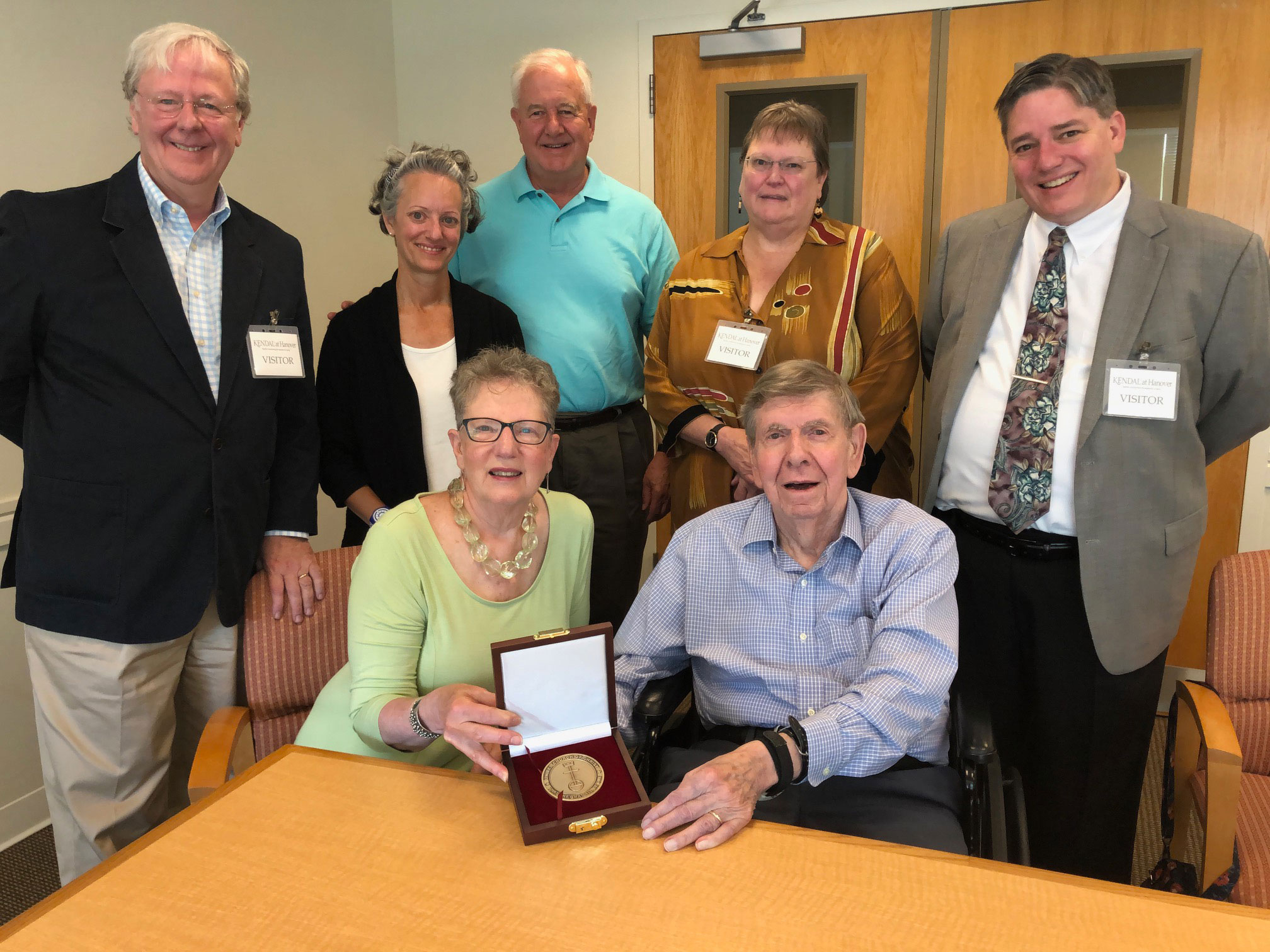 Following his retirement to Vermont, he continued his justice and peace advocacy, and served as moderator of the planning committee for the Seventh General Assembly of the World Council of Churches, held in 1991 in Canberra, Australia.
Following his retirement to Vermont, he continued his justice and peace advocacy, and served as moderator of the planning committee for the Seventh General Assembly of the World Council of Churches, held in 1991 in Canberra, Australia.
His successor, the Rev. Paul Sherry, UCC president from 1988 to 1999, described Post as “a dear friend and mentor for so many of us” and “an outstanding leader not only of the United Church of Christ but of the Christian Church at large, both in the United States and around the world.” “He will be remembered as a person of theological depth and understanding, of personal warmth and compassion, and for his lifelong commitment to building a merciful and just world for all people, everywhere,” Sherry said.
Information on services
Post was preceded in death by his wife, Margaret Rowland “Peg” Post, in 2010 (she appears with him in the picture of the peace cross, above). He is survived by a brother, John E. Post, 99, of Coventry, Conn.; daughters Susan Post Ross and her husband Robert of Northfield, Mass., Jennifer Campbell Post of Tucson, Ariz., Elizabeth Post Elliott of North Andover, Mass., and Anne Post Poole and her husband Matt of South Berwick, Maine. He leaves eleven grandchildren and three great-grandchildren.
Interment will be in the Randolph (N.H.) Cemetery. The famlily has announced that memorial services will be postponed until the summer of 2021 and invites those wishing to receive information about them to complete a form by following this link: https://bit.ly/AveryPostMemorialService.
“His integration of the pastoral and the prophetic ran deep, and I am forever grateful,” Crabtree said. “He changed the trajectory of my life over and over.”
Barb Powell, a past communication staffer in the national ministries of the UCC and a frequent current contributor to the news feed of the UCC Council for Health and Human Service Ministries, made significant contributions to this article.
Related News
‘Reminded of our calling’: National interfaith leaders gathered on MLK Day to herald a hopeful path forward
On Martin Luther King Jr. Day, prominent religious leaders from across the country filled the...
Read MoreACT Alliance North America members meet, seeking to strengthen their collective work and witness
The annual meeting of the ACT Alliance North America Forum was held at the National Setting of...
Read MoreWaging Peace: UCC pastor who served in Carter’s administration remembers the President
As thousands gathered to honor the life of Former President Jimmy Carter at the Washington...
Read More